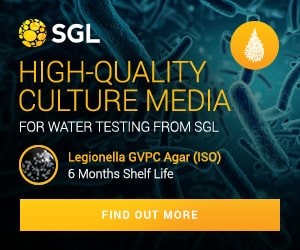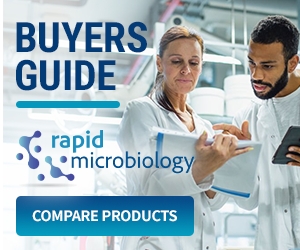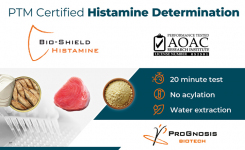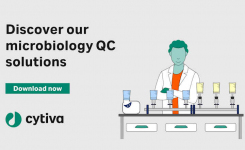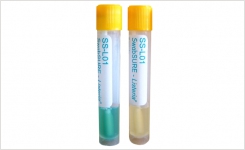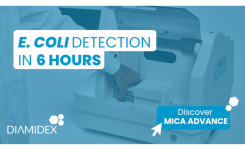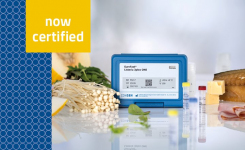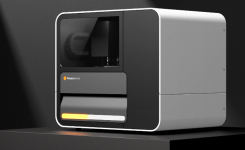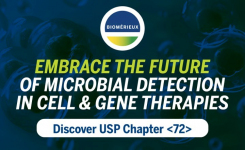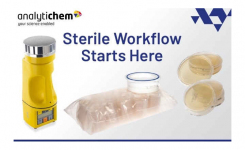Neogen Develops Soleris® Assay to Rapidly Detect Heterotrophic Bacteria
go back to news archives| Neogen has expanded its line of food safety and quality testing products to include a rapid assay to detect the growth of heterotrophic bacterial microorganisms (e.g., Pseudomonas spp.) in a wide variety of sample types. Neogen´s new Soleris® NF-TVC (total viable count) can produce accurate results in as little as 24 hours which represents a 24-hour improvement over traditional testing methods that can require up to 48 hours. Unlike testing alternatives, Neogen´s new assay can be used to test large sample sizes. 'The presence of heterotrophic bacteria, such as Pseudomonas, is a critical factor in the shelf life of fluid dairy products, aseptic UHT products, bottled water, and many other food and personal care products,' said Neogen´s Jeff Demey. 'The new Soleris assay delivers speed and the increased sensitivity over alternative methods that comes with using up to a full 5 mL sample with the Soleris system. Soleris is the only rapid microbiological system that is capable of consistently delivering reliable results on difficult product matrixes, while at the same time being an effective, economical choice for common safety and quality testing.' The new assay is a new option for use with Neogen´s Soleris technology, which is now used by hundreds of the world´s largest food and nutraceutical manufacturers to detect indicator microbes in a fraction of the time needed for traditional methods. The Soleris system is a rapid optical method for the detection of microbial contamination based on an innovative application of classic microbiology. The optical assay measures microbial growth in test vials by monitoring biochemical reactions that generate a color change as microorganisms grow and metabolize. Neogen´s Soleris line also includes quick, automated quality indicator system protocols for:
|
NOTE: This item is from our 'historic' database and
may contain information which is not up to date.
Source : Neogen Corp. View Company Information
Posted on February 15, 2011


